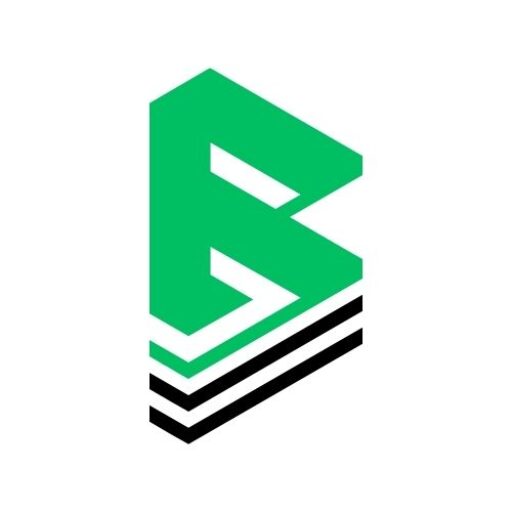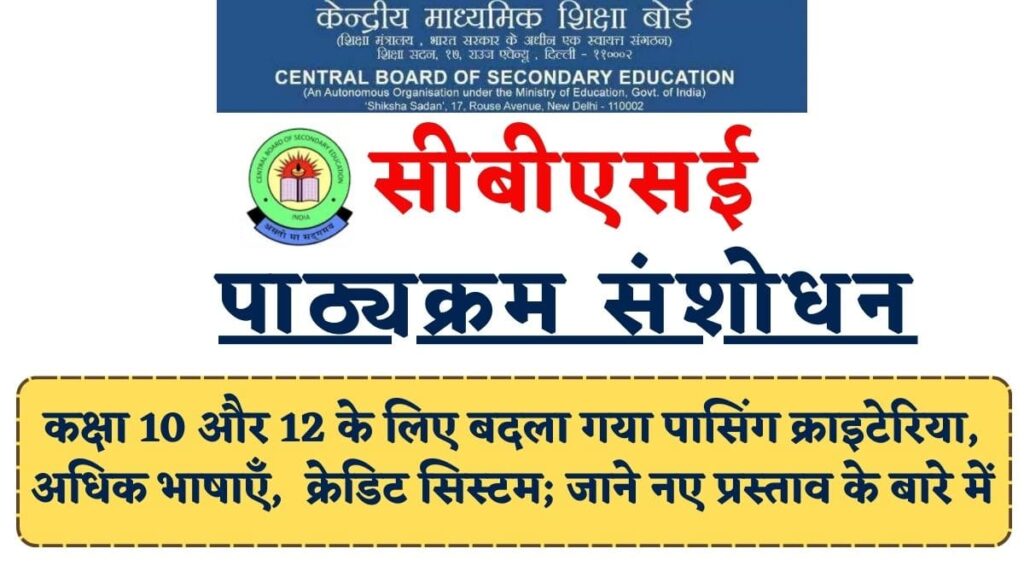CBSE Syllabus Revision 2024: The Central Board of Secondary Education (CBSE) is currently in the process of implementing significant CBSE Syllabus Revision 2024 changes to the educational structure at the secondary and higher secondary levels. As per the CBSE Board’s CBSE Syllabus Revision 2024 proposal, students in 10th grade will now be required to take exams in 10 subjects instead of the previous five. Additionally, they will have to study three languages instead of two during the academic session, with two of them being Indian languages. The remaining seven subjects will be chosen accordingly. Similarly, in 12th grade, students will have to study two languages instead of one, with one of them being an Indian language. According to the CBSE Syllabus Revision 2024 proposal, they will need to pass in six subjects. Currently, students are required to pass five subjects in both 10th and 12th grades.
These proposed CBSE Syllabus Revision 2024 changes are part of CBSE’s broader initiative to implement the National Credit Framework in school education, as reported by the media. Credentialization aims to establish academic parity between vocational and general education, facilitating mobility between the two education systems, as outlined in the National Education Policy 2020. The purpose of certification is to ensure that both vocational and general education receive equal importance, as proposed in the National Education Policy 2020.
CBSE Syllabus Revision 2024
Currently, there is no credit system in the CBSE school curriculum. Under CBSE’s plan, an academic year will consist of 1200 notional learning hours, with 40 credits being awarded. Notional learning hours refer to the time an average student needs to spend to achieve the desired results. In other words, a specific number of hours has been allocated to each subject. To pass, a student must complete a total of 1200 hours of learning within a year. These 1200 hours will encompass both academic education within the school and non-academic or experimental education outside of school.
CBSE has recently announced a significant change in the examination pattern for classes 10th and 12th. Starting this year, the board exams for these classes will be conducted twice a year. This move aims to provide students with more opportunities to excel and reduce the burden of a single high-stakes exam.
CBSE Syllabus Revision 2024 : कक्षा 10 और 12 के लिए अधिक भाषाएँ !!
In class 10th, apart from the three languages, students will be evaluated in seven subjects. These subjects include Mathematics and Computation Thinking, Social Science, Science, Art Education, Physical Education and well-being, Vocational Education, and Environmental Education. Out of these, three languages, Mathematics and Computation Thinking, Social Science, Science, and Environmental Education will be assessed through external examinations.
On the other hand, Art Education, Physical Education, and Vocational Education will be evaluated through a combination of external and internal methods. It is important to note that students must pass all ten subjects to progress to the next class.
For classes 11th and 12th, the CBSE Syllabus Revision 2024 proposal suggests a change in the existing subject structure. Instead of studying five subjects (one language and four other subjects), students will now have to study six subjects. This includes 2 languages and 4 subjects, with an optional fifth subject. At least one of the two languages must be an Indian language. This change in the academic structure was shared with the heads of CBSE-affiliated schools for their feedback and suggestions. The deadline for submitting comments on the proposal was December 5, 2023.
CBSE Udaan Scholarship 2024: CBSE Board दे रहा है स्कॉलरशिप, क्लास 11/12 बच्चियाँ यहां Apply करें
CBSE Board Exam 2024 Credit System
According to reports, the response from school heads and teachers has been positive so far. However, it is still uncertain whether the credit system will be implemented in the upcoming academic year or the following year. The credit system, if introduced, would provide students with flexibility in choosing subjects and earning credits based on their performance. Overall, these changes in the examination pattern and academic structure aim to enhance the learning experience for CBSE students and equip them with the necessary skills for their future endeavors.

